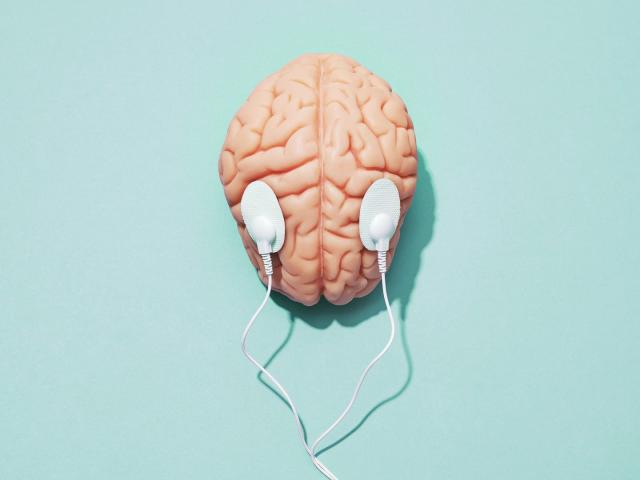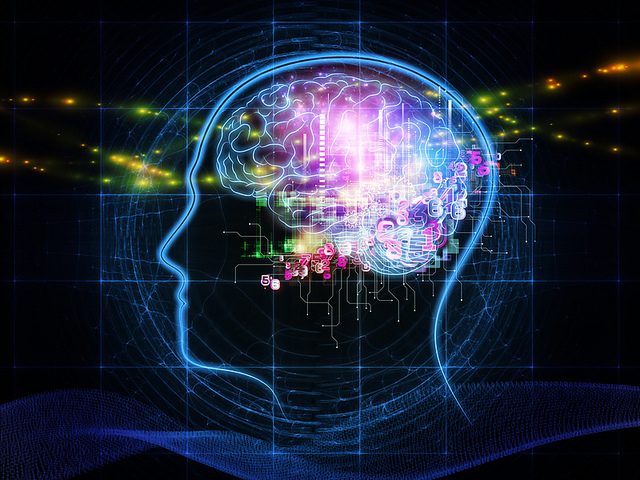
In recent years, brain-training games have gained immense popularity, promising to improve cognitive abilities, enhance memory, and boost overall brain health. With claims of enhancing mental sharpness and preventing age-related cognitive decline, these games have captivated millions of users worldwide. However, amidst the hype, a crucial question arises: do brain-training games truly deliver on their promises, or are they merely fiction? In this blog post, we will delve into the world of brain-training games, examining the scientific evidence and separating fact from fiction.
The Rise of Brain-Training Games
With the advent of smartphones and tablets, brain-training games exploded onto the scene, capturing the attention of individuals of all ages. These games often claim to improve various cognitive functions such as memory, attention, problem-solving, and processing speed. They entice users with promises of increased mental agility and enhanced brain power.
Supporters of brain-training games argue that engaging in mentally stimulating activities can lead to neuroplasticity—the brain’s ability to reorganize and adapt its structure and function. They believe that by regularly challenging the brain through these games, one can improve cognitive abilities and maintain a sharp mind as they age.
The Science Behind Brain Training
While the concept of brain-training games sounds promising, the scientific evidence supporting their effectiveness is not entirely conclusive. Several studies have shown that these games can lead to short-term improvements in specific cognitive skills directly targeted by the games. However, the transfer of these improvements to real-world scenarios and general cognitive functioning remains uncertain.
One key issue is the lack of standardized methods and measurements in brain-training research. The field lacks consistency in defining cognitive abilities, assessing improvement, and determining the duration of the observed effects. Furthermore, many studies suffer from biases, small sample sizes, and inadequate control groups, making it challenging to draw definitive conclusions.
Experts argue that the effects of brain training might be highly specific to the tasks in the games, with limited generalizability to other cognitive domains. While individuals may become more skilled at the particular tasks they practice, it does not necessarily translate into overall cognitive enhancement.
Real-Life Factors for Cognitive Health
It is important to remember that brain health is influenced by various factors beyond brain-training games. Leading a healthy lifestyle, including regular physical exercise, a balanced diet, quality sleep, and social engagement, plays a significant role in maintaining cognitive function.
Scientific evidence consistently highlights the benefits of aerobic exercise in promoting brain health. Physical activity improves blood flow, increases neurotrophic factors, and supports the growth of new neurons, positively impacting cognition and memory.
Furthermore, maintaining social connections, pursuing intellectually stimulating activities, and managing stress are essential for cognitive well-being. Engaging in hobbies, reading, learning new skills, and actively participating in social interactions can all contribute to a healthy and sharp mind.

The Future of Brain Training
Despite the uncertainties surrounding the efficacy of brain-training games, researchers continue to explore ways to optimize cognitive training. Future studies will likely focus on identifying individual differences that may influence responsiveness to brain training, developing personalized training protocols, and integrating various cognitive interventions.
Emerging technologies such as virtual reality (VR) and brain-computer interfaces (BCIs) hold promise for enhancing cognitive training experiences. VR can create immersive and engaging environments, while BCIs can provide direct feedback and facilitate more targeted training. These advancements may pave the way for more effective and impactful brain-training methods in the future. Looking for the best nootropic? Be sure to visit their page for further info.
Conclusion
In the realm of brain-training games, fact and fiction are often intertwined. While engaging in these games may offer some short-term benefits for specific cognitive skills, their overall effectiveness and long-term impact on general cognitive abilities remain uncertain. Instead of relying solely on brain-training games, it is crucial to adopt a holistic approach to brain health, incorporating lifestyle factors such as physical exercise, mental stimulation, social connections, and stress management. As the field advances, future research, and technological innovations hold the potential to unlock the true capabilities of brain training, offering new avenues for cognitive enhancement.








